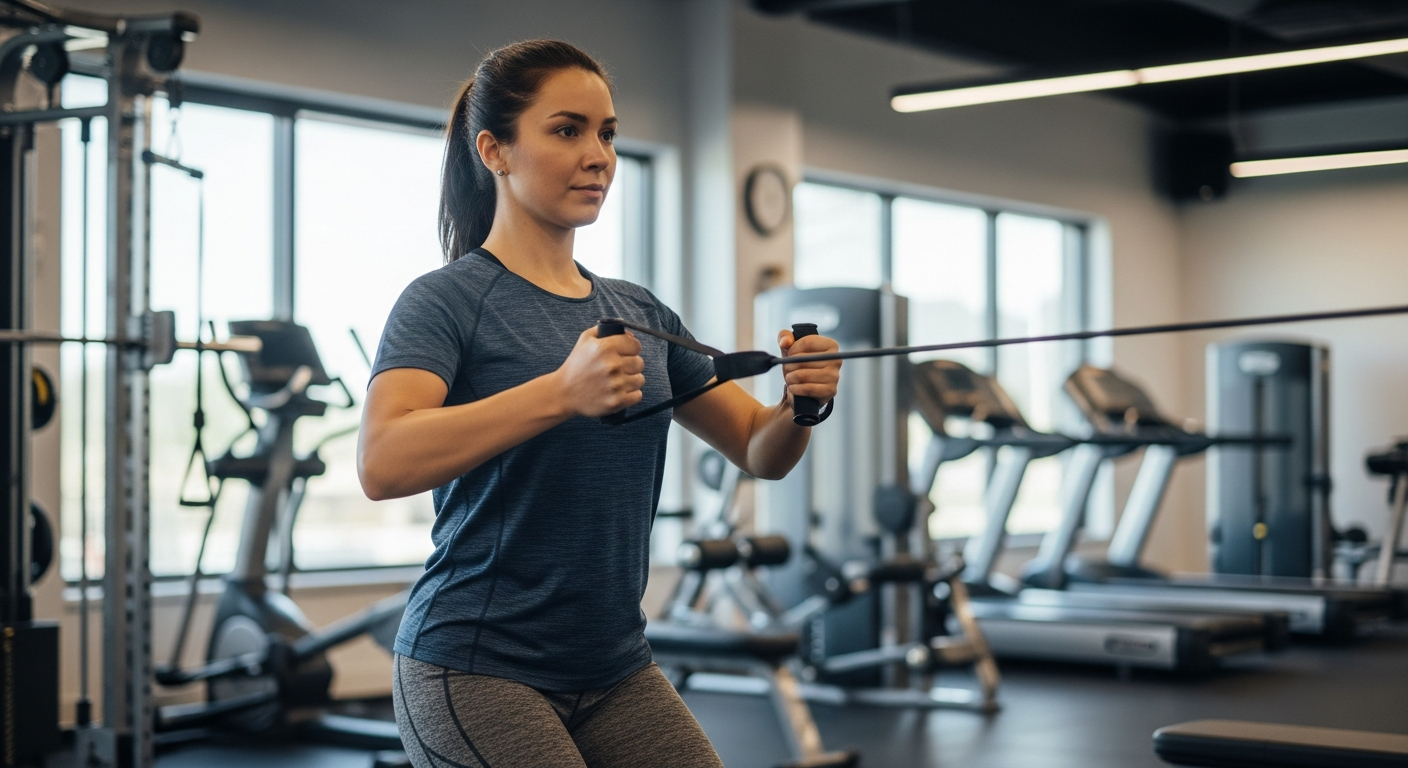Chronomedicine: Aligning Your Health with Your Body Clock
Time isn't just a measure of our days—it's a powerful force shaping our well-being. But what if we could harness the rhythm of our internal clocks to revolutionize our health? Welcome to the fascinating world of chronomedicine, where timing is everything. Have you ever wondered why certain medications work better at specific times of day, or why your body seems to respond differently to exercise depending on when you do it? Let's explore how syncing our lives with our biological rhythms could be the key to unlocking optimal health.

Our circadian rhythm is orchestrated by a master clock in the brain’s hypothalamus, known as the suprachiasmatic nucleus (SCN). This tiny region, comprising about 20,000 neurons, responds to light signals from our eyes and coordinates the timing of various biological processes throughout the body. Each of our organs and tissues also has its own peripheral clock, working in harmony with the master clock to optimize function.
Chronomedicine in Practice
Chronomedicine applies this understanding of our body’s timekeeping to medical treatments and health strategies. By aligning medical interventions with our natural biological rhythms, we can potentially enhance their effectiveness and reduce side effects.
For instance, research has shown that the timing of chemotherapy can significantly impact its efficacy and toxicity. Some cancer treatments are more effective and better tolerated when administered at specific times of day, aligning with the cancer cells’ vulnerable phases and the body’s natural detoxification processes.
Similarly, the effectiveness of certain blood pressure medications can be optimized by timing their administration to coincide with the body’s natural blood pressure fluctuations. Taking these medications before bedtime, when blood pressure naturally dips, can lead to better blood pressure control and reduced risk of cardiovascular events.
Chronoexercise: Timing Your Workouts for Maximum Benefit
The principles of chronomedicine extend beyond medical treatments to lifestyle factors like exercise. Chronoexercise explores how the timing of physical activity can influence its effects on our health and performance.
Studies have shown that morning exercise may be more effective for fat burning and weight loss, as it aligns with the body’s natural cortisol spike and can help regulate appetite throughout the day. On the other hand, evening workouts might lead to better performance in high-intensity activities, as our body temperature and muscle strength typically peak in the late afternoon.
Moreover, the type of exercise might also benefit from specific timing. Strength training in the evening could take advantage of higher testosterone levels and increased muscle flexibility, potentially leading to greater gains in muscle mass and strength.
Chrononutrition: Eating in Sync with Your Body Clock
Our digestive system, like other bodily functions, operates on a circadian rhythm. Chrononutrition explores how the timing of our meals can impact metabolism, weight management, and overall health.
Research suggests that our bodies are more efficient at processing food earlier in the day when insulin sensitivity is highest. This has led to the concept of “time-restricted feeding,” where food intake is limited to a specific window of time each day, typically aligning with our natural circadian rhythms.
Studies have shown that aligning our eating patterns with our circadian rhythms can lead to improvements in weight loss, insulin sensitivity, and even cognitive function. For example, consuming a larger breakfast and a smaller dinner might be more beneficial for weight management and metabolic health than the reverse.
Challenges and Future Directions in Chronomedicine
While the potential of chronomedicine is exciting, implementing these principles in real-world settings comes with challenges. Individual variations in circadian rhythms, influenced by factors like genetics, age, and lifestyle, make it difficult to establish one-size-fits-all recommendations.
Moreover, modern lifestyles often conflict with our natural biological rhythms. Shift work, jet lag, and constant exposure to artificial light can disrupt our circadian clocks, potentially negating the benefits of chronomedicine approaches.
Future research in chronomedicine aims to develop personalized chronotherapy plans, taking into account individual circadian profiles and lifestyle factors. Advances in wearable technology and AI could enable real-time tracking of circadian rhythms, allowing for more precise timing of treatments and lifestyle interventions.
Chronohealth Hacks: Sync Your Life with Your Body Clock
-
Rise with the sun to align your sleep-wake cycle with natural light cues
-
Schedule cognitively demanding tasks for mid-morning when alertness peaks
-
Time high-intensity workouts for late afternoon when physical performance is at its best
-
Avoid caffeine after 2 PM to prevent disruption of nighttime sleep cycles
-
Dim lights and avoid blue light exposure 2-3 hours before bedtime to support melatonin production
-
Maintain consistent meal times to regulate metabolic rhythms
-
Consider taking blood pressure medications before bed for optimal effectiveness
-
Align important medical treatments or procedures with your body’s most receptive times, in consultation with your healthcare provider
As we continue to unravel the intricate connections between time and health, chronomedicine offers a promising avenue for optimizing our well-being. By aligning our daily routines, medical treatments, and lifestyle choices with our internal biological rhythms, we have the potential to enhance health outcomes and quality of life. While more research is needed to fully understand and implement chronotherapeutic approaches, the growing field of chronomedicine reminds us that in health, as in life, timing truly is everything.






